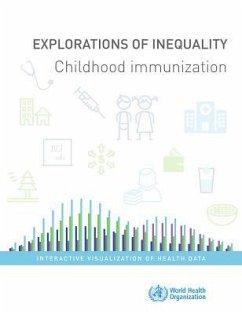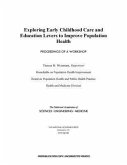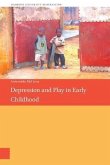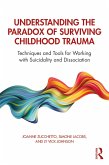This report takes a detailed look at the current status of childhood immunization in 10 priority countries: Afghanistan, Chad, Democratic Republic of the Congo, Ethiopia, India, Indonesia, Kenya, Nigeria, Pakistan and Uganda. In each country, childhood immunization coverage is broken down by multiple factors to show inequality according to child, mother, household and geographical characteristics. Then, the report employs multiple regression analysis to identify factors that are associated with immunization coverage. A multi-country assessment illustrates similarities and differences between countries. The findings of the report show how a child's likelihood of being vaccinated is affected by compounding advantage or vulnerability; they also provide insight into how policies, programs and practices can be targeted to promote universal childhood immunization coverage. Interactive visuals and tables accompany the report, enabling further exploration of the data.
Hinweis: Dieser Artikel kann nur an eine deutsche Lieferadresse ausgeliefert werden.
Hinweis: Dieser Artikel kann nur an eine deutsche Lieferadresse ausgeliefert werden.





![Childhood [microform]: the Text-book of the Age, for Parents, Pastors and Teachers, and All Lovers of Childhood Childhood [microform]: the Text-book of the Age, for Parents, Pastors and Teachers, and All Lovers of Childhood](https://bilder.buecher.de/produkte/66/66188/66188777m.jpg)

